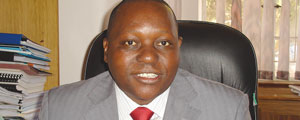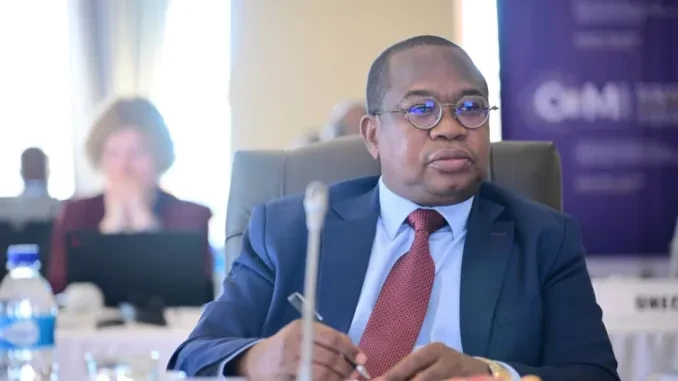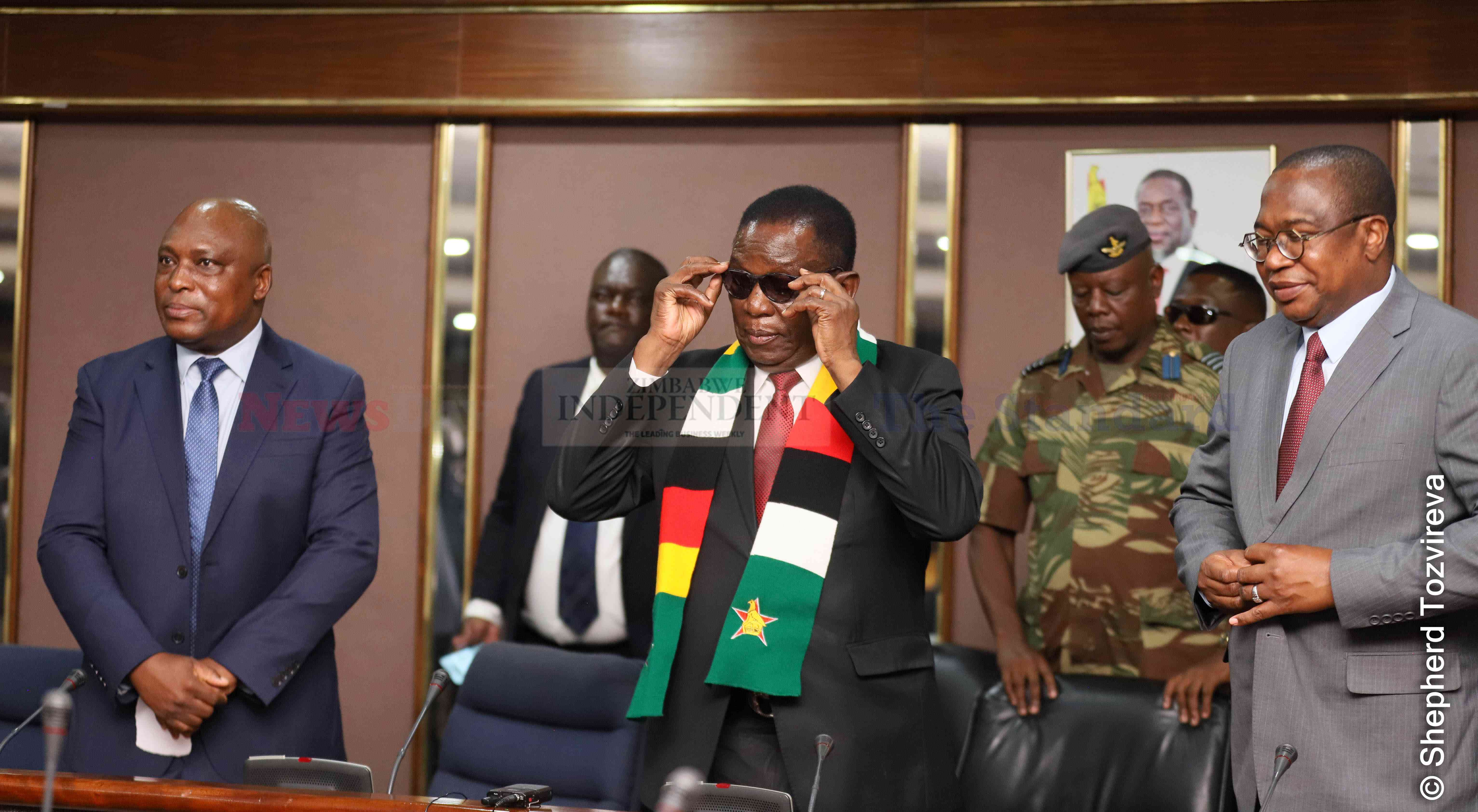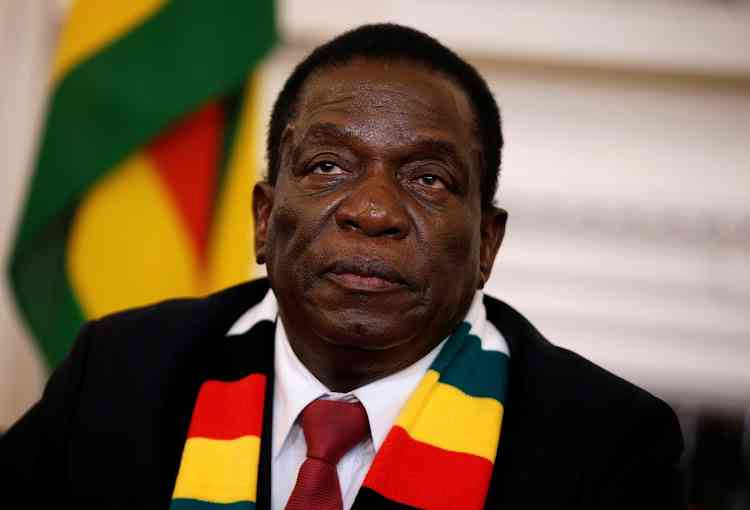
I happened to tune in to StarFM’s “Parliament in Focus live” radio programme broadcast between 8pm and 9pm every Monday. On the programme was Edward Chindori-Chininga, Zanu PF MP for Guruve South and chairperson of the Mines and Energy Portfolio Committee. Edward Chindori-Chininga’s committee oversees some of the most critical sectors of the economy, thereby explaining why I took an active interest in the entire radio programme.
Comment by John Makamure
The Member of Parliament did an excellent job in articulating problems in the energy and mining sectors. He certainly proved that he was highly knowledgeable about the issues and proffered sound ideas on what needs to be done for these sectors to realise their huge potential and contribute immensely to the revival of Zimbabwe’s economic fortunes.
I was, however, a bit disturbed when the MP did not demonstrate a good grasp of the powers that these portfolio committees possess when it comes to holding the Executive to account for its actions and shaping the content and implementation of public policies. The presenter justifiably expressed his concern that these committees only intervened when public policies have been formulated, thereby reducing their role to that of a rubber-stamping one. In addition, the presenter wanted to know what actions Parliament could take if ministers simply ignore recommendations from portfolio committees. These are pertinent issues that need to be addressed if we are to promote true representative democracy characterised by a strong and effective Parliament.
I would like to shed a bit of light on the powers that these committees possess and how they can exercise them. The starting point is for MPs to familiarise themselves fully with the Standing Orders, which are the rules that Parliament is mandated by the Constitution to formulate for the conduct of its business. The Standing Orders have a section on Select Committee rules which gives a detailed account of how committees should conduct their business and the powers that they have.
Select committee rules nine to 14 are very clear on the powers that the committees can exercise during oral evidence gathering from witnesses. A committee has power to request the attendance of any person before it or request such person to produce any document or item in his or her possession or under his or her control.
If any person fails to comply with the request to appear before the committee and/or produce documents, the chairperson of the committee may, in terms of the Privileges, Immunities and Powers of Parliament Act (Chapter 2:08), request the Clerk of Parliament to issue summons.
What this means is that ministers are required by law to appear before parliamentary committees and produce any documents or information required. Failure to do so contravenes provisions of the Privileges, Immunities and Powers of Parliament Act. So in terms of the rules the Mines Committee chaired by Chindori-Chininga can still request of Mines minister to bring the diamond policy to the committee for interrogation before it is finalised. This allows the committee to make an input during the formulation of the policy. Doing so allows the committee to stand a better chance of influencing the content of public policy.
- Chamisa under fire over US$120K donation
- Mavhunga puts DeMbare into Chibuku quarterfinals
- Pension funds bet on Cabora Bassa oilfields
- Councils defy govt fire tender directive
Keep Reading
Unless the President dissolves Parliament sooner for the elections, this Parliament is only left with about six months before its life comes to an end. There are still many outstanding issues on the law-making front that the Seventh Parliament has to deal with if we are to have a free, fair and credible election process — the main reason why the Global Political Agreement was signed in the first place. Parliament must therefore exercise its constitutional powers and actively participate in public policy making as opposed to remaining mere spectators that wait for policies (that they cannot change) to be thrust upon them.
- John Makamure is the executive director of the Southern African Parliamentary Support Trust writing in his personal capacity. Feedback: [email protected]











